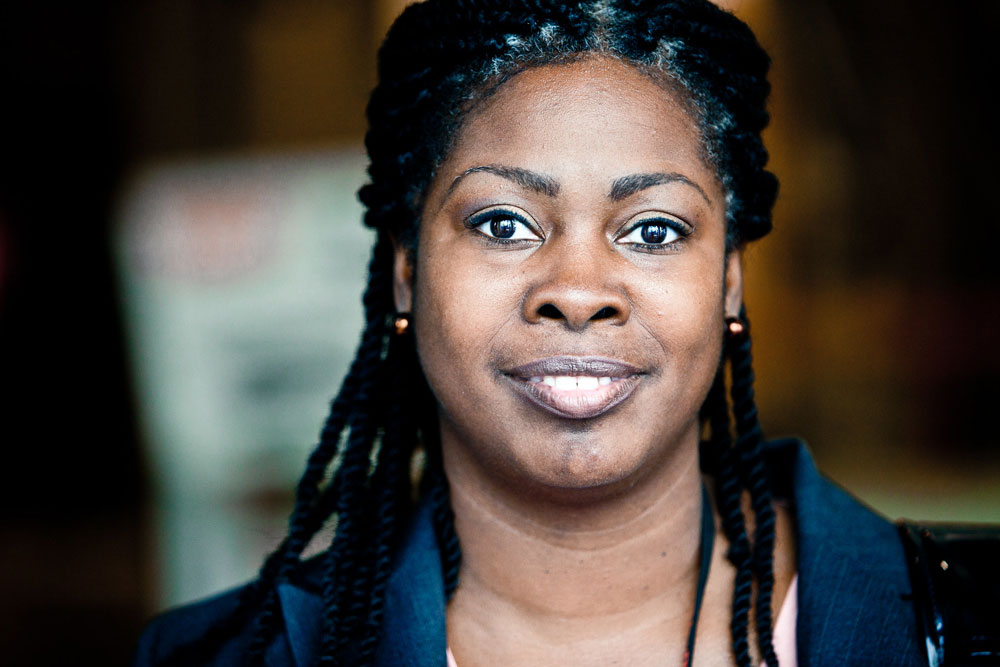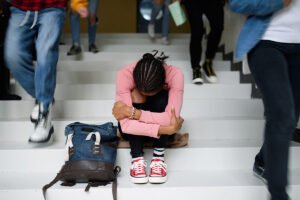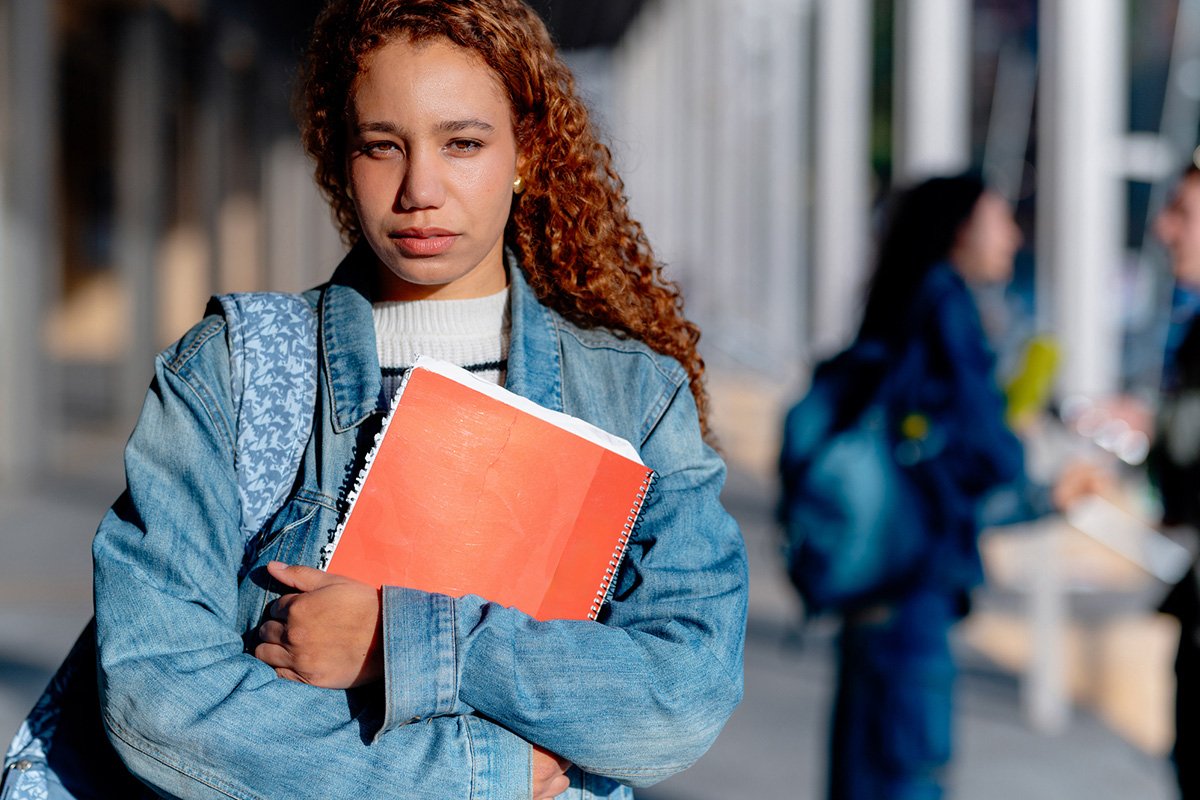
“Welcome to the new Georgia…It is more diverse. It’s more inclusive. It readily embraces the future.”—Senator Raphael Warnock
On January 15, 2021, Georgia certified the results of the US Senate runoff election between Democratic challenger Raphael Warnock and Sen. Kelly Loeffler and Democratic challenger Jon Ossoff and Sen. David Perdue. Both Warnock and Ossoff defeated the Republican incumbents.
Warnock became the first Black senator from Georgia and the first Black Democratic senator from a former Confederate state ever. The results of Georgia’s runoff, which gave Democrats a Senate majority, and of November’s presidential election, which helped Joe Biden win the presidency, embody the call of former Representative John Lewis from Georgia’s 5th Congressional District to get into “good trouble” by exercising the right to vote, “the most powerful nonviolent tool” we have in a democracy.
While some credit the Democrats’ win to Donald Trump and his bullying of Georgia state Republicans like governor Brian Kemp and secretary of state Brad Raffensperger, the real muscle behind the wins of Warnock and Ossoff was the coalition of Black grassroots organizations, nonprofit advocacy groups, foundations, churches, volunteers, and canvassers that together made “good trouble” across the state of Georgia. In the words of former gubernatorial candidate Stacey Abrams and founder of both New Georgia Project and Fair Fight Action, “Across our state, we roared.”
Kenya Evelyn reports in the Guardian that Abrams; LaTosha Brown, founder of Black Voters Matter; and countless others led campaigns that “reached hundreds of thousands of Georgia residents since November’s general election [as] more than 100,000 Georgians who didn’t vote in the presidential requested a mail-in ballot for the runoff.” Raffensperger stated that a record 4.6 million people voted in the runoff election, more than in both the 2016 presidential and the 2018 gubernatorial elections.
Ironically, the runoff election that generated historic Black voter turnout this year was originally created in the 1960s to suppress Black voter turnout. In 1962, the US Supreme Court struck down an electoral system in Georgia that favored rural white voters and, as Jerusalem Demsas writes in Vox, then-state representative Denmark Groover introduced a proposal in 1963 that would “apply majority-vote, runoff election rules to all local, state, and federal offices” in order to dilute the power of Black voters.
Groover’s proposed system would “stop Black Georgians from voting as a ‘bloc’—that is, overwhelmingly for one candidate or party…. In a plurality system, if Black voters were able to keep a coalition behind one candidate, they wouldn’t need the support of many white voters for their preferred candidate to win elections.” In case there was any doubt as to the motivation behind Georgia’s runoff law, Groover later confirmed that he “used the phrase ‘bloc voting’ as a racist euphemism for Negro voting.”
So how exactly did a historically racist electoral system in 2020 help to motivate the very voters that system originally sought to suppress? Well, while the runoff system was designed to block Black representation, fundamental to winning a runoff election is voter turnout. And that happens to be what many Black grassroots voter advocacy groups in Georgia do best.
Sign up for our free newsletters
Subscribe to NPQ's newsletters to have our top stories delivered directly to your inbox.
By signing up, you agree to our privacy policy and terms of use, and to receive messages from NPQ and our partners.
No doubt a lot of money was thrown into the runoff election in Georgia. But despite political donations to the Georgia Democratic and Republican senate campaigns exceeding $800 million and including some Wall Street Republican billionaires, much of that money was spent on television advertising, which had relatively little impact.
What was decisive was voter mobilization. And the heart of the grassroots mobilization was in small budget, local, nonprofit groups like Step Up Savannah, which according to the Chronicle of Philanthropy “led phone-bank operations in rural Liberty County, a neighboring jurisdiction outside of Step Up’s normal reach.”
Instead of utilizing Facebook and other forms of social media and commercial advertising, organizers relied on more traditional methods like knocking on doors and traveling to typically low-turnout areas, a strategy Brown calls “meeting voters where they are” in order to counteract the overwhelming disinformation campaigns and voter suppression tactics that have shaped previous Georgia elections. The state director of All Voting Is Local, Aklima Khondoker, organized hundreds of volunteers in partnership with other Georgia nonprofit organizations, such as the Coalition for the People’s Agenda and Black Voters Matter to go door-to-door in areas with a known lack of internet access, leaving voting information on residents’ doors.
The many members of Pro Georgia, a voter-education nonprofit network supported by the State Infrastructure Fund, partnered together to increase voting, quell disinformation, and provide rides to polling places for those who had no transportation. The funding for the State Infrastructure Fund comes from 31 foundations and includes the Carnegie Corporation, Democracy Fund, MacArthur Foundation, Rockefeller Brothers Fund, and the Wallace Global Fund. Together, they provided nearly $6 million in grants to voting advocacy nonprofits in Georgia, near half of which was distributed between November 2020 and January 2021.
The grassroots voter promotion organizing work was multifaceted. The work included practical measures like providing face masks and hand warmers to volunteers, announcing the many John Lewis “Good Trouble” marches occurring across Georgia, and educating voters on the differences between authentic voting drop-off boxes and fake ones.
Unsurprisingly, the mobilization of so many voters of color in Georgia is already igniting discussions by state Republican lawmakers on ways to restrict mail ballot voting in the future, since mail-in voting played such a huge role in the Georgia presidential and senate runoff elections. But the historic results of both were absolutely made possible by the relentless, on-the-ground, pragmatic work of the many Georgia nonprofit advocacy groups led by Black women.
These groups have worked for years to remove deep-rooted barriers of access, derived from a longstanding tradition of systemic racism and disenfranchisement that separated voters from the act of voting. And it is these nonprofits that have created the closest thing we’ve ever seen to truly democratic representation.—Beth Couch










